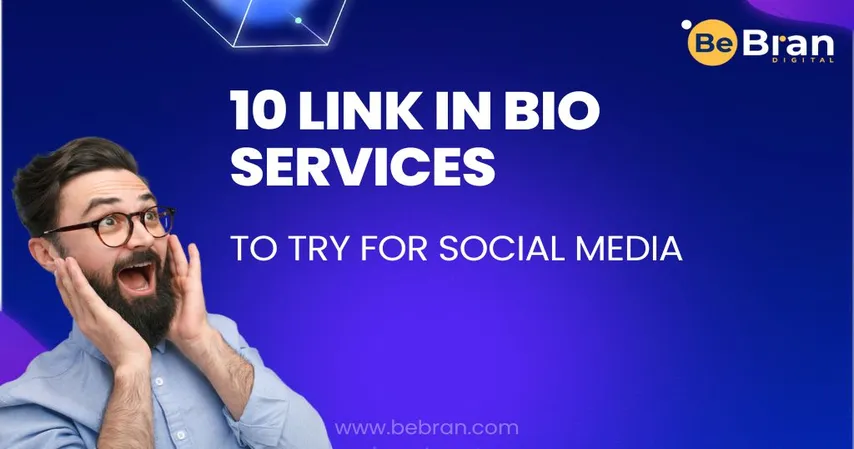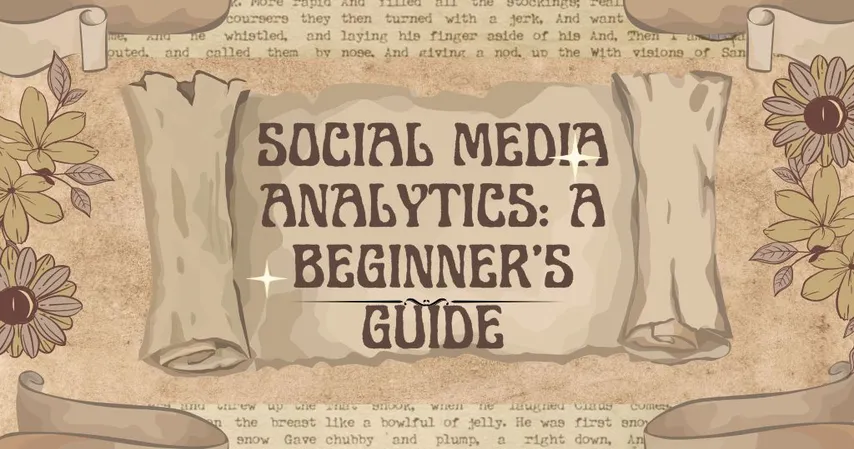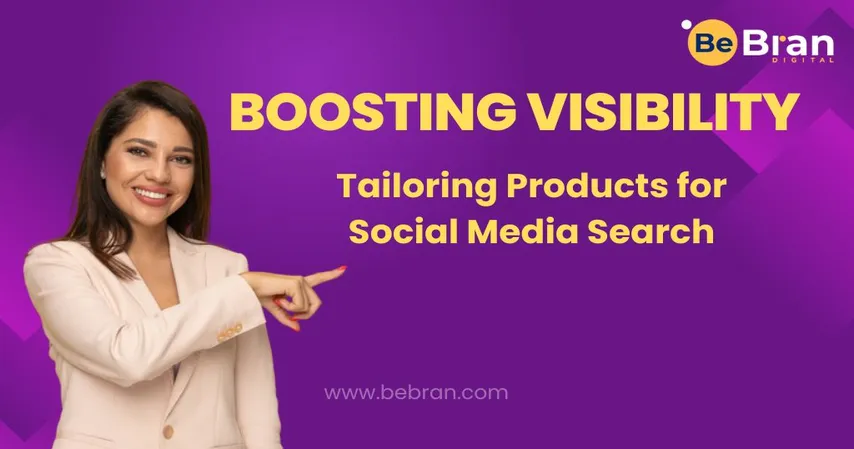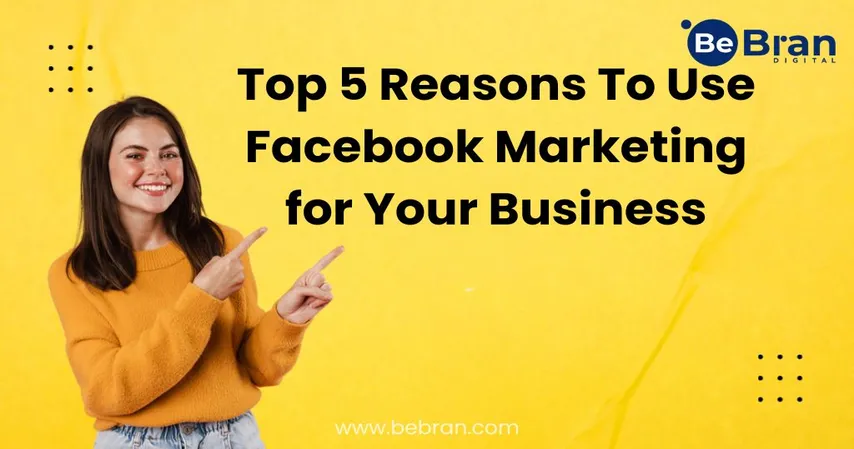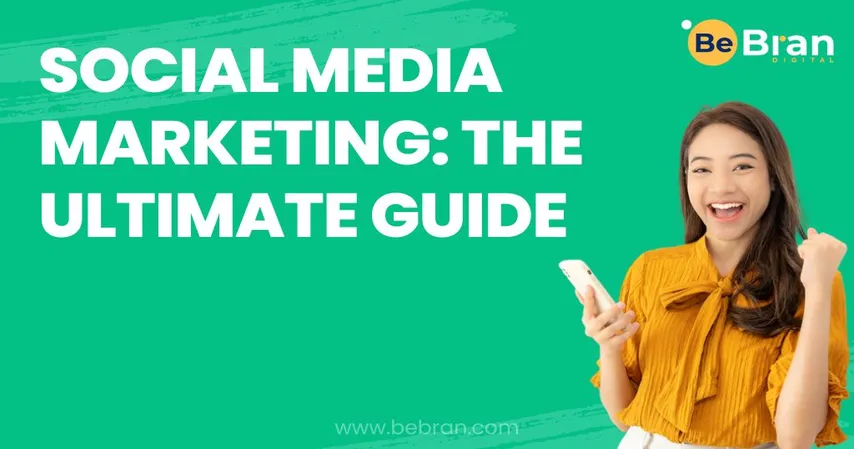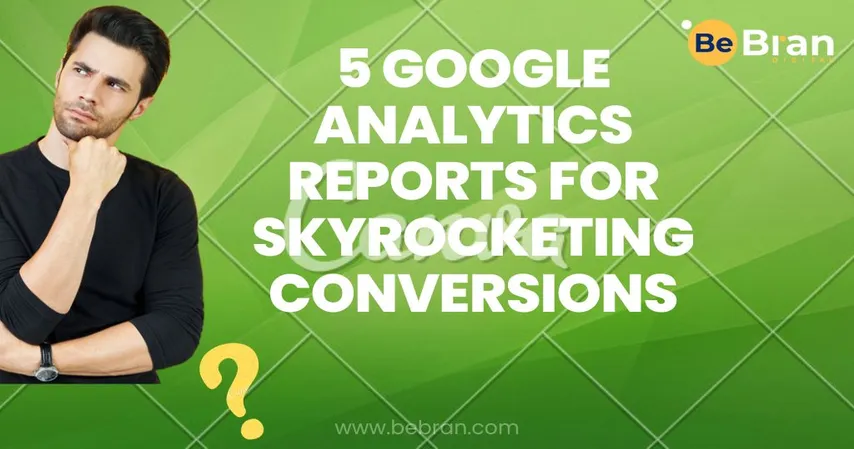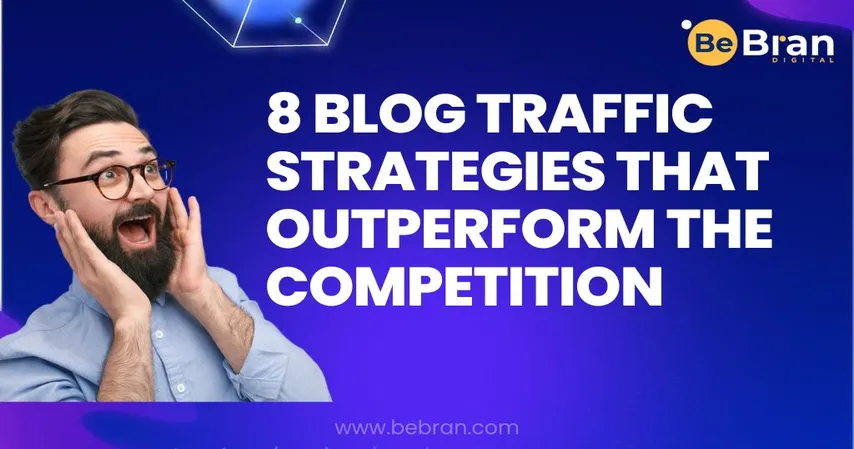Q1. Are the benefits of social media marketing suitable for all types of businesses?
While social media can benefit a wide range of businesses, its effectiveness can vary based on factors like your target audience and industry. For B2C (business-to-consumer) companies, platforms like Facebook and Instagram are often highly effective for reaching consumers. B2B (business-to-business) companies can find value in platforms like LinkedIn for networking and lead generation. In essence, the suitability of social media marketing depends on your specific business goals and audience.
Q2. How often should I post on social media?
The ideal posting frequency varies by platform and audience. Generally, consistency is more important than frequency. It's better to maintain a regular posting schedule that you can sustain rather than overwhelming your audience with too much content. Analyze your engagement metrics to determine the optimal posting schedule for your specific audience.
Q3. What are some effective content ideas for social media marketing?
Effective social media content caters to your audience's interests and needs. Consider sharing educational content, behind-the-scenes glimpses of your business, user-generated content, promotions, and engaging visual content like infographics or videos. Remember that storytelling and authenticity resonate well with audiences.
Q5. How can I handle negative comments or reviews on social media?
Address negative comments or reviews professionally and empathetically. Respond promptly, acknowledge the issue, and offer a solution or a way to address the concern offline. Publicly demonstrating your commitment to customer satisfaction can mitigate potential damage to your brand awareness.
Q6. Is it necessary to invest in paid advertising on social platforms?
While organic (unpaid) social media efforts can yield results, paid advertising can significantly amplify your reach and impact. Paid advertising allows you to target specific audiences, track conversions, and optimize campaigns for better results. Depending on your goals and budget, investing in paid advertising on social platforms can be a wise decision.
In conclusion, unlocking the benefits of social media marketing for your business is about more than just having a presence on these platforms. It involves crafting a thoughtful strategy, engaging authentically with your audience, and consistently providing value. By following best practices and avoiding common pitfalls, your business can thrive in the dynamic world of social media. Remember that the benefits of social media marketing are a dynamic landscape, so adaptability and continuous improvement are key to long-term success.












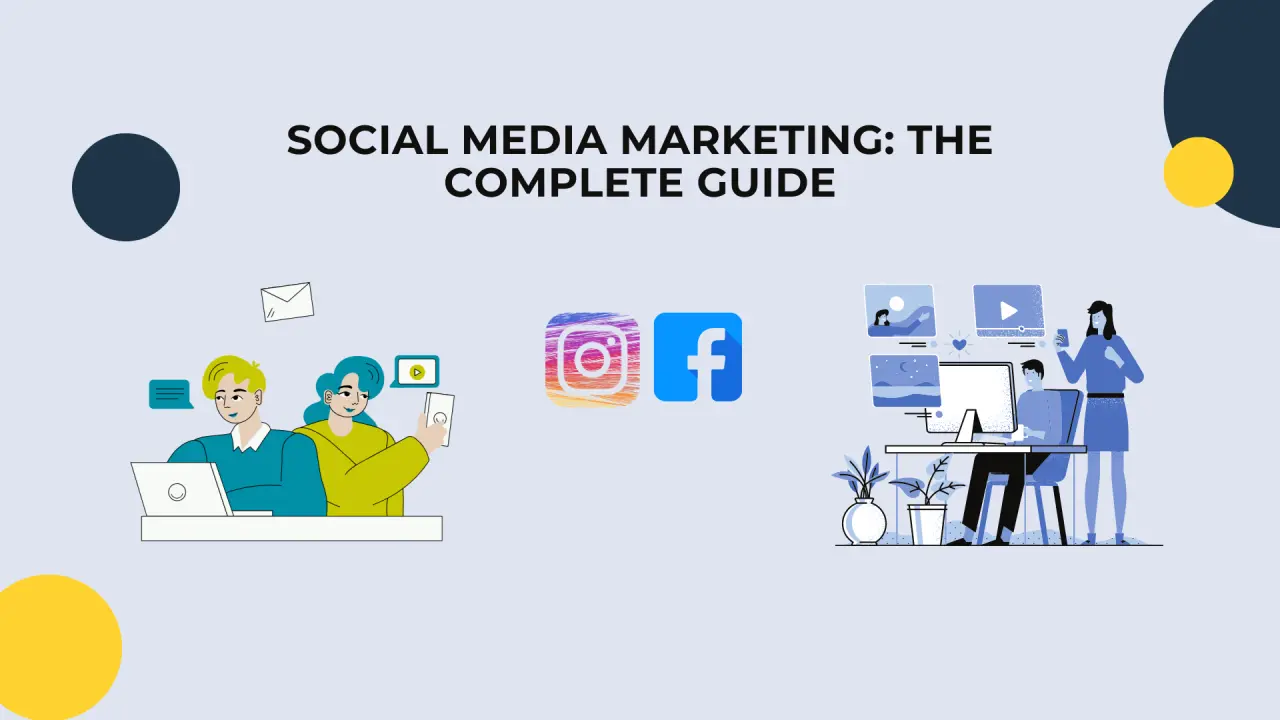


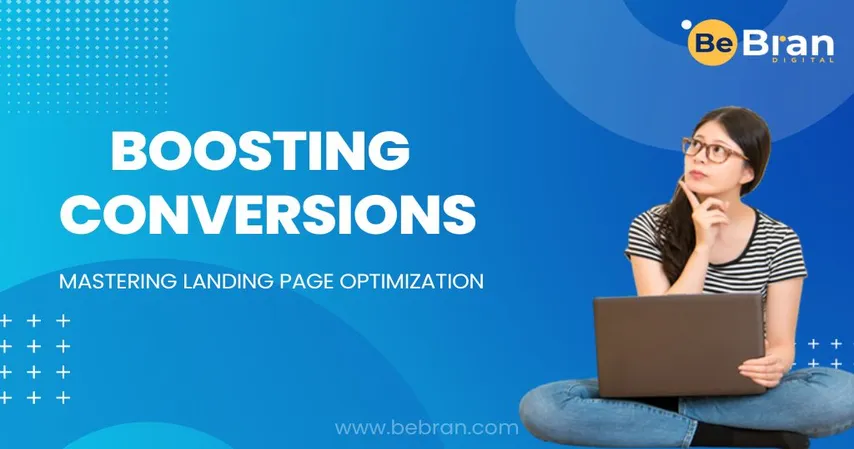






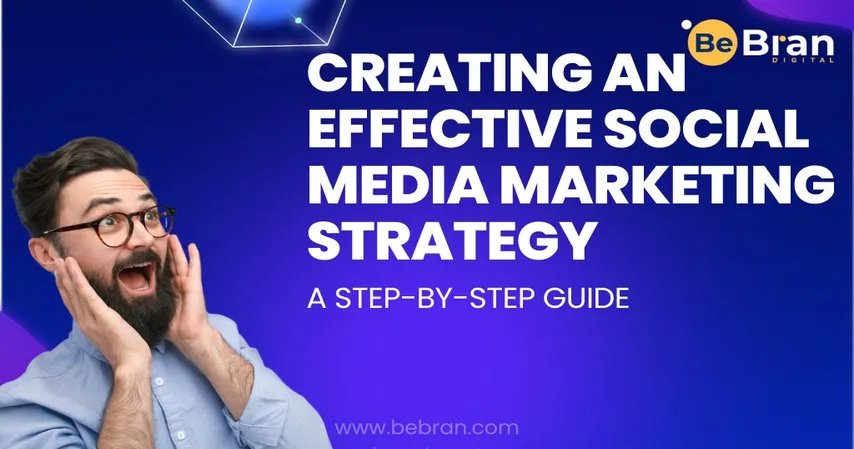

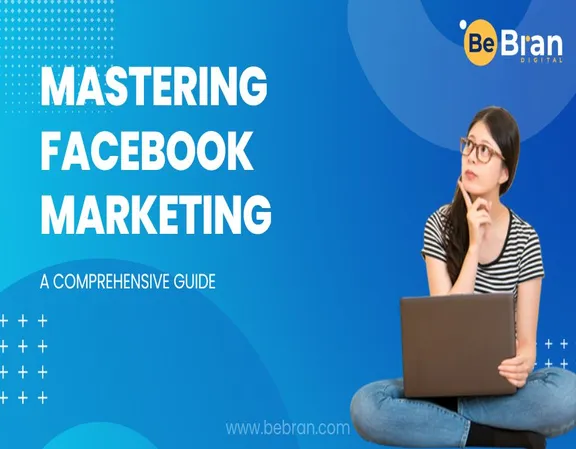

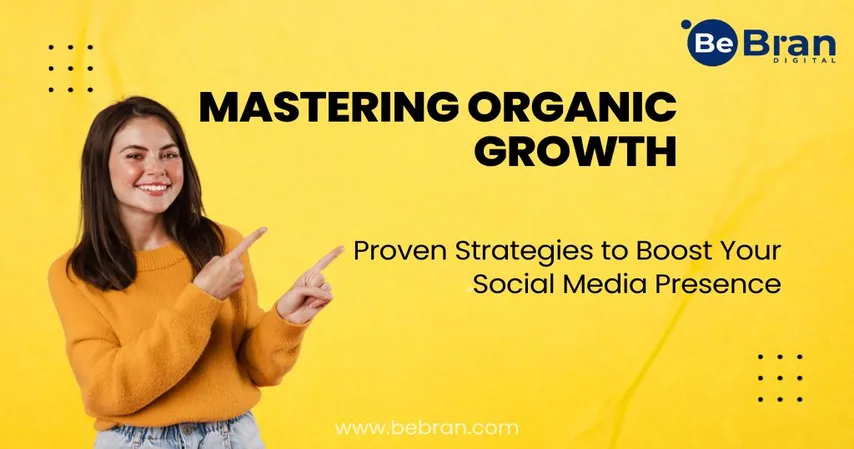




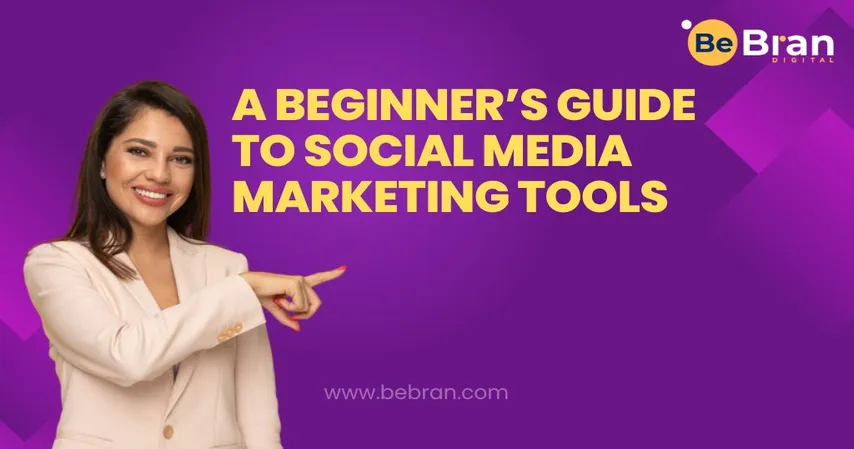













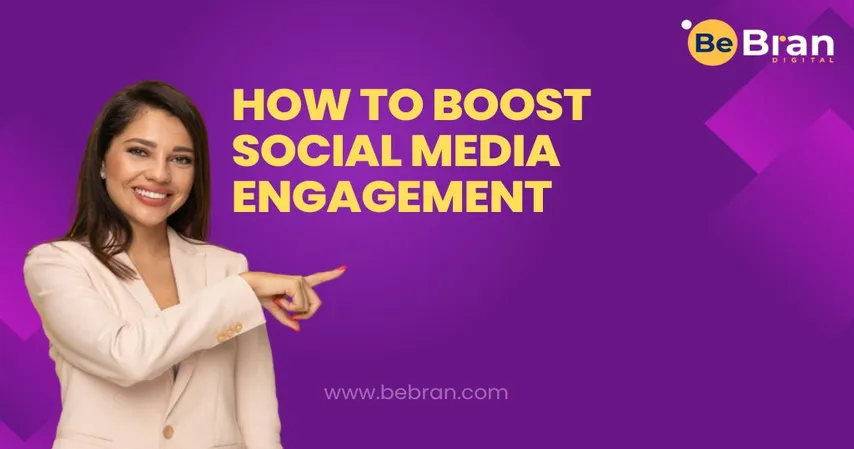

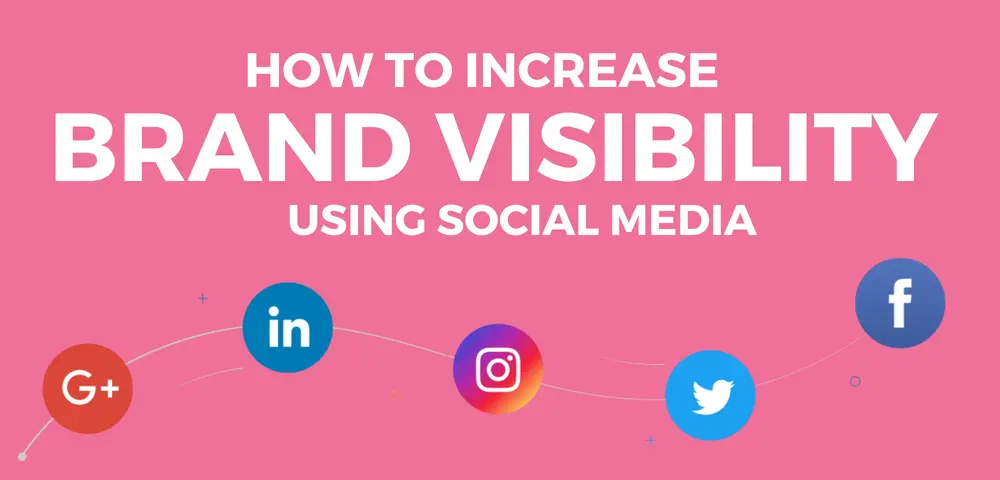
![1707475220 Bebran[1]](https://bebran.com/public/uploads/1709981262_1707475220_bebran[1].webp)








